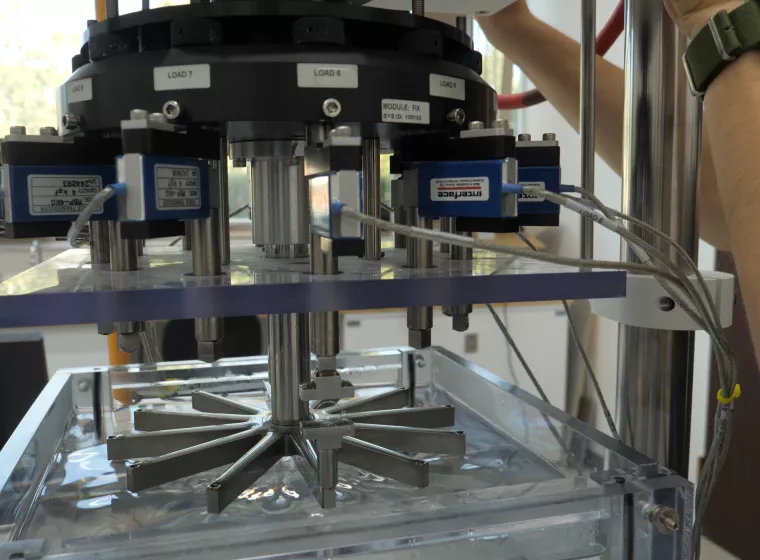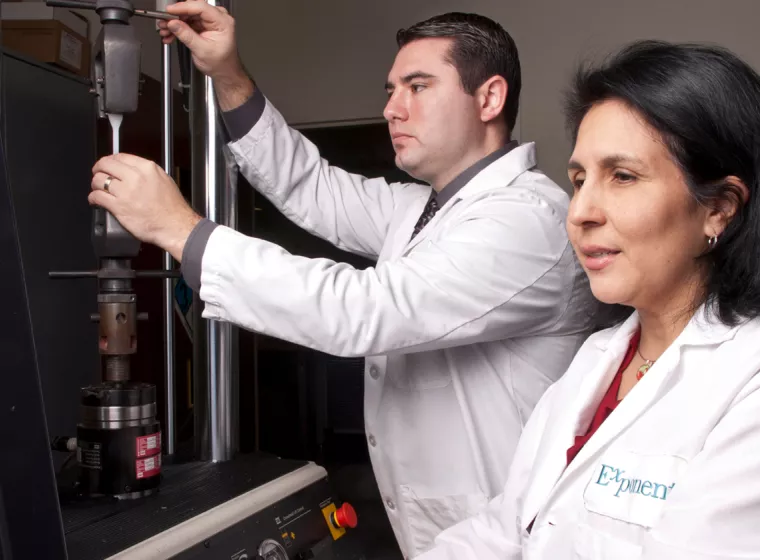July 18, 2024
Lack of Medical Device Regulation certification means some legacy devices could be pulled from the EU market
Thousands of medical device manufacturers have not achieved certification of their products under the new EU Medical Devices Regulation (MDR), according to The European Association of Medical Devices Notified Bodies (TEAM-NB) Medical Device Survey 2023, published in May.
While the TEAM-NB survey revealed that the capacity and availability of certified notified bodies has increased over the past years for certification to both MDR and the In Vitro Diagnostic Medical Devices Regulation (IVDR), there is growing concern over the high volume of medical devices and IVDs still required to go through the certification process with reviewer bandwidth at capacity. It is also evident that the quality of technical file submissions is creating additional challenges to notified body reviewers, requiring additional effort on the part of the sponsors.
Based on data from 35 notified bodies, the survey shows that applications under MDR have increased from 1,661 in 2020 (at the start of the COVID-19 pandemic) to 14,539 in 2023. However, the number of certificates issued does not come near the number of applications: 180 certificates were issued in 2020 and 4,873 were issued in 2023, which means almost 10,000 products could still be waiting for certification. The previous deadline of May 26, 2024, to apply for certification of legacy devices under MDR may have held implications for the potential shortage of critical medical devices and was therefore extended. MDR will require more certificates to be issued due to changes such as certification requirements for class IIb implantables and unique device identifier-device identifier (UDI-DI) requirements
The TEAM-NB survey also covers products certified under IVDR. Applications under IVDR totaled 230 in 2020, with nine receiving certification, and 1,565 applications in 2023, with 754 IVDs achieving certification. The deadlines for IVDR compliance were also extended beyond May 26, 2024.
According to the survey, the number of applications and certifications remains comparatively low, considering the number of potential applicants in the market, despite efforts by notified bodies, such as hiring more staff to process applications, increasing the number of designated bodies from 18 in 2020 to 42 in 2023, reducing the application review time to 12-18 months, and offering information and training for "completeness checks" of technical file content to manufacturers.
To complement efforts from the notified bodies to expedite certification, manufacturers can also support review efficiency through methods such as:
- Leveraging support from Quality Management System templates
- Ensuring appropriate conformance to applicable clauses and General Safety and Performance Requirements (GSPR) listed in MDR
- Carefully assess the risk management process during device development
- Strategically plan postmarket activities as applicable and present these plans accordingly
- Verifying completeness of documentation in MDR submissions before sending to the notified bodies
- Avoid intentional submission of incomplete technical files to "get in line"
A major cause of the low rate of certification is incomplete technical files at submission, according to the Team-NB MD Sector Survey Press Release. Dissemination of best practices and release of targeted Medical Device Coordination Group (MDGC) documents will provide additional insights to the industry to enhance the process and steadily increase the number of certifications to both MDR and IVDR over the coming years.
What Can We Help You Solve?
Exponent's multidisciplinary team of technical and regulatory consultants helps clients worldwide navigate the complex regulations that govern the commercialization of medical devices. We provide support throughout the total product lifecycle, including the creation of high-quality submissions to facilitate efficient reviews and responses to notified body requests for additional information.

Medical Device Evaluation
Sophisticated medical device evaluations for a vast array of applications.

Regulatory Compliance for Medical Products
Experienced regulatory support for medical devices, pharmaceuticals, and combination products.

Medical Device Design & Development Support
Crucial medical device design and development analyses to empower your decision-making.

Biomedical Expertise for Therapeutic Areas
Multidisciplinary insights for a range of therapeutic product development challenges.
![Medical Devices [EECS]](/sites/default/files/styles/cards_home_card/public/media/images/GettyImages-523306516.jpg.webp?itok=4e0Y2HMn)
Safety and Biocompatibility of Medical Devices & Products
Gain insights into the biocompatibility and regulatory requirements of medical devices and implants.
![[MCE] [BES] Medical Device Development Support - a tray of surgical tools](/sites/default/files/styles/cards_home_card/public/media/images/GettyImages-1296782647.jpg.webp?itok=N2clVZFq)
Materials for Medical Devices, Implants & Surgical Tools
Unique multidisciplinary breakthrough insights for medical tools and devices.




